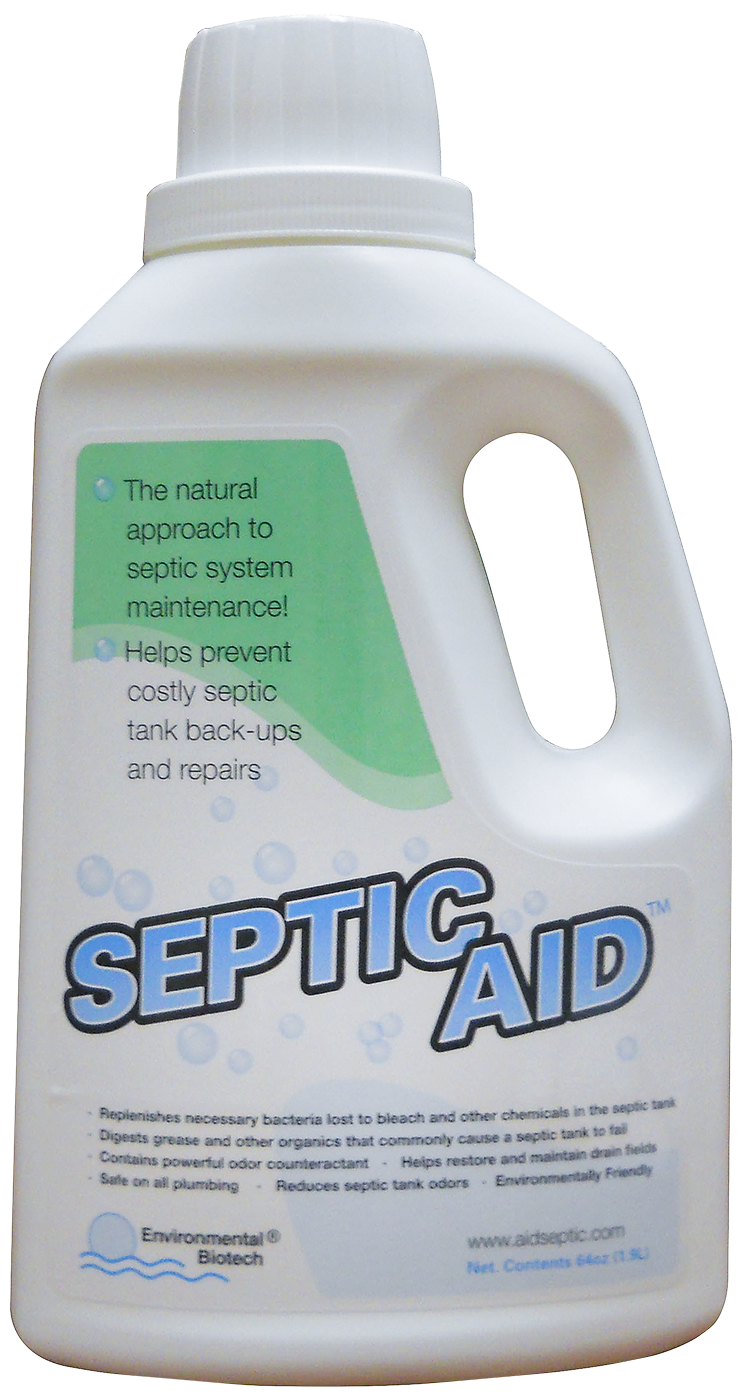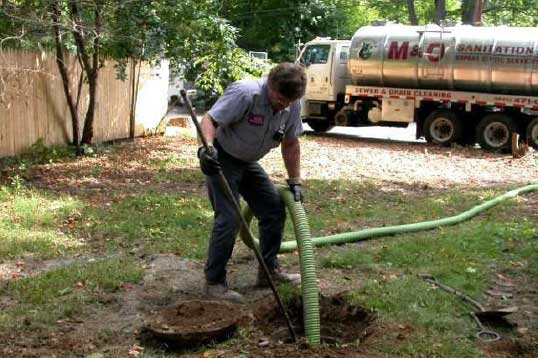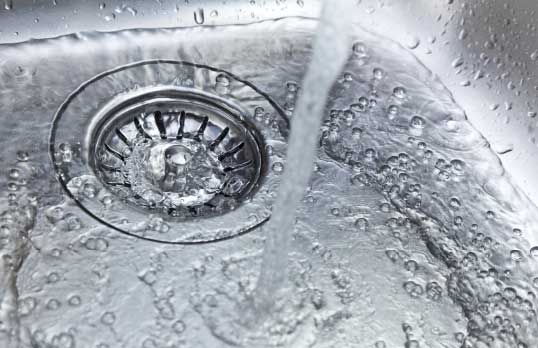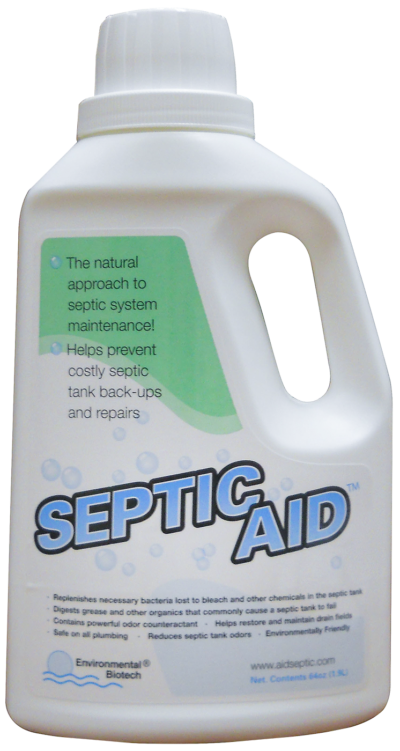


MAKE SEPTIC AID part of your regular maintenance program
Maintaining your Septic System is like maintaining your digestive system!
It may also result in expensive repairs to your septic system. The average cost of a septic system backup repair can exceed to $10,000.
MAINTAINING YOUR SEPTIC TANK SYSTEM CAN BE AS EASY AS Pouring a cap full down the drain! – Like a tonic! Imagine good bacteira and probiotics for your system!
1) Use SEPTIC AID Septic Tank System Treatment Weekly
The product is available as a liquid or fizzy tablet. The liquid can be poured in drains around the home, in the showers, sinks, and kitchen sinks once a week. This allows the bacteria to makes its way into the septic system, thus adding probiotic to the system, enhancing the bacteria and at the same time improving the odors, as in septic Aid there is an odor counteractant. The action of pouring a capful of liquid down the various drains in the home also allows the bacteria to break down any fats that accumulate from soap and shampoo, that build up in the drains, as well as FOG from the kitchen, thus helping keeps the drain lines clean and free flowing, whilst the bacteria make their way to the system. This action also helps with bad odor and reduces the hairballs that may build
2) Regular Inspection is important for your system – like regular doctor’s check ups!
Large quantities of waste accumulated can only be removed by a professional pumper. A professional pumper should inspect your septic system to determine if the accumulation of solid waste is too high and needs to be emptied. The Environmental Protection Agency (EPA) recommends the average septic system be inspected at least every three years. The EPA also outlines a number of key points that would influence the frequency of system pump outs : household size, total wastewater generated, volume of solids in wastewater, and septic tank size. Speak with your local professional to ensure your septic program. It is not recommended that you inspect the septic tank yourself as harmful can accumulate.
3) Watch what you pour down the drains
The environment of the septic tank is very delicate. Household chemicals like bleach and anti-bacterial soaps can kill beneficial bacteria. So control the uses to minimize volumes going down the drain.. Also beware of flushing the wrong items—things like cooking oil, grease, toxic cleaners, and paints—into your septic system can also increase how often you need to have your septic tank pumped by a professional. This can cause untold damage. Treat the system well and the system will treat you well.



